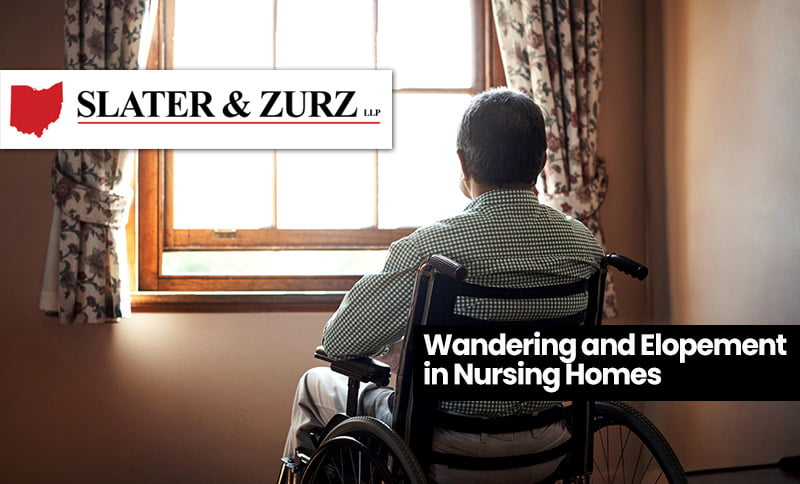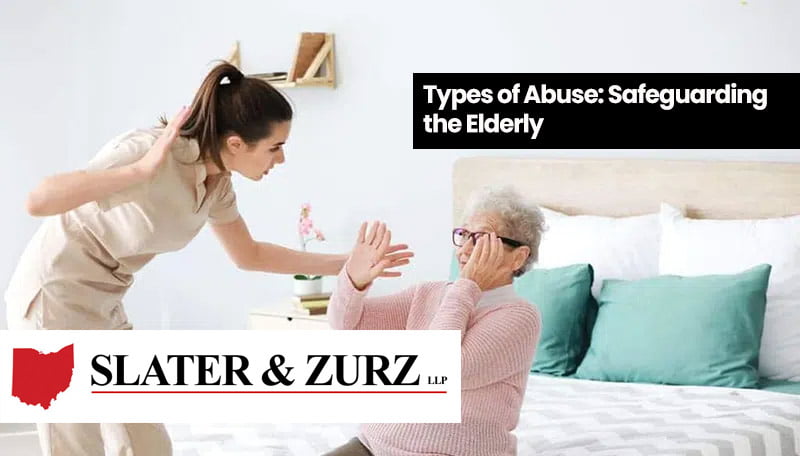When our loved ones enter their golden years, finding a supportive living environment that ensures their comfort, safety, and happiness often becomes a top priority. That said, the research process can be overwhelming — nearly 68% of Ohioans say they lack the necessary information to make good choices about care for their loved ones.
Luckily, we’re here to help. Read on as we break down the differences between nursing homes vs assisted living facilities — and, more importantly, how to decide which one provides the better care path for your family members.
What Are Nursing Homes?
Nursing homes, also known as skilled nursing facilities, are designed for those who require 24-hour monitoring and medical assistance.
With nursing homes, you can expect:
- Medical care: Professional nursing care is available around the clock, along with access to physical, occupational, and speech therapies.
- Personal care: Staff members support every aspect of daily living, including assistance with meals, hygiene, and mobility.
- Structured environment: Nursing homes provide a more regimented schedule, with planned activities and routines to support the health and well-being of residents.
What Are Assisted Living Facilities?
Assisted living or adult care facilities provide a blend of residential living, personalized supportive services, and healthcare for those who need some help with daily activities but otherwise can maintain a degree of independence.
Assisted living facilities typically offer:
- Personal care support: Services include assistance with daily activities such as bathing, dressing, and eating.
- Community environment: Residents live in their own apartments or rooms and are encouraged to participate in social and recreational activities.
- Healthcare services: While not as comprehensive as nursing homes, many offer medication management and assistance with healthcare appointments.
Nursing Home vs Assisted Living in Ohio
Regulations
Ohio has specific regulations and licensing requirements for both nursing homes and assisted living facilities, ensuring a standard of care and safety for residents.
Nursing homes are generally regulated more strictly, with comprehensive inspections and oversight due to the higher level of medical care provided. Assisted living facilities, while also regulated, are more flexible in the services they offer to cater to residents’ independence.
Costs
The cost of long-term care in Ohio varies significantly depending on the location, type of facility, and the range of services provided. On average, the monthly cost for a nursing home is $5,000+, while prices for adult care facilities range between $3,000 and $6,000.
To alleviate some of these financial burdens, Ohio offers several Medicaid programs and waivers designed to support families in covering the costs associated with long-term care. The Assisted Living Medicaid Waiver program, for example, is specifically designed to help offset the expenses of care services and skilled nursing for residents in assisted living facilities.
Similarly, the MyCare Ohio program extends its benefits to cover long-term care services in both nursing homes and assisted living facilities.
Availability
Nobody wants to face the uncertainty of being stuck on a waiting list during such a pivotal (and often stressful) time. Starting your research early will allow you to secure a place in the facility that feels most like home for your loved one while also providing you with a broader selection of locations and services.
Special Services
Across the state, different facilities offer various special programs tailored to seniors’ needs, including those with Alzheimer’s or dementia. When exploring options, ask about specialized care units, staff training, and programs designed to support your loved ones’ conditions.
Nursing Home vs Assisted Living: Which One Should You Choose?
Choosing between a nursing home and an adult care facility is a deeply personal decision that depends on a variety of factors, including the level of care needed, the desire for independence, and financial considerations. We encourage you to take your time visiting potential homes and ask plenty of questions to gauge whether they meet your loved one’s needs.
If things don’t go as anticipated in this journey, you’re not alone. Our team at Slater & Zurz is here to offer guidance, support, and legal expertise to ensure the rights and well-being of your loved one are protected. Reach out to us today at 330-762-0700 for a free consultation.






